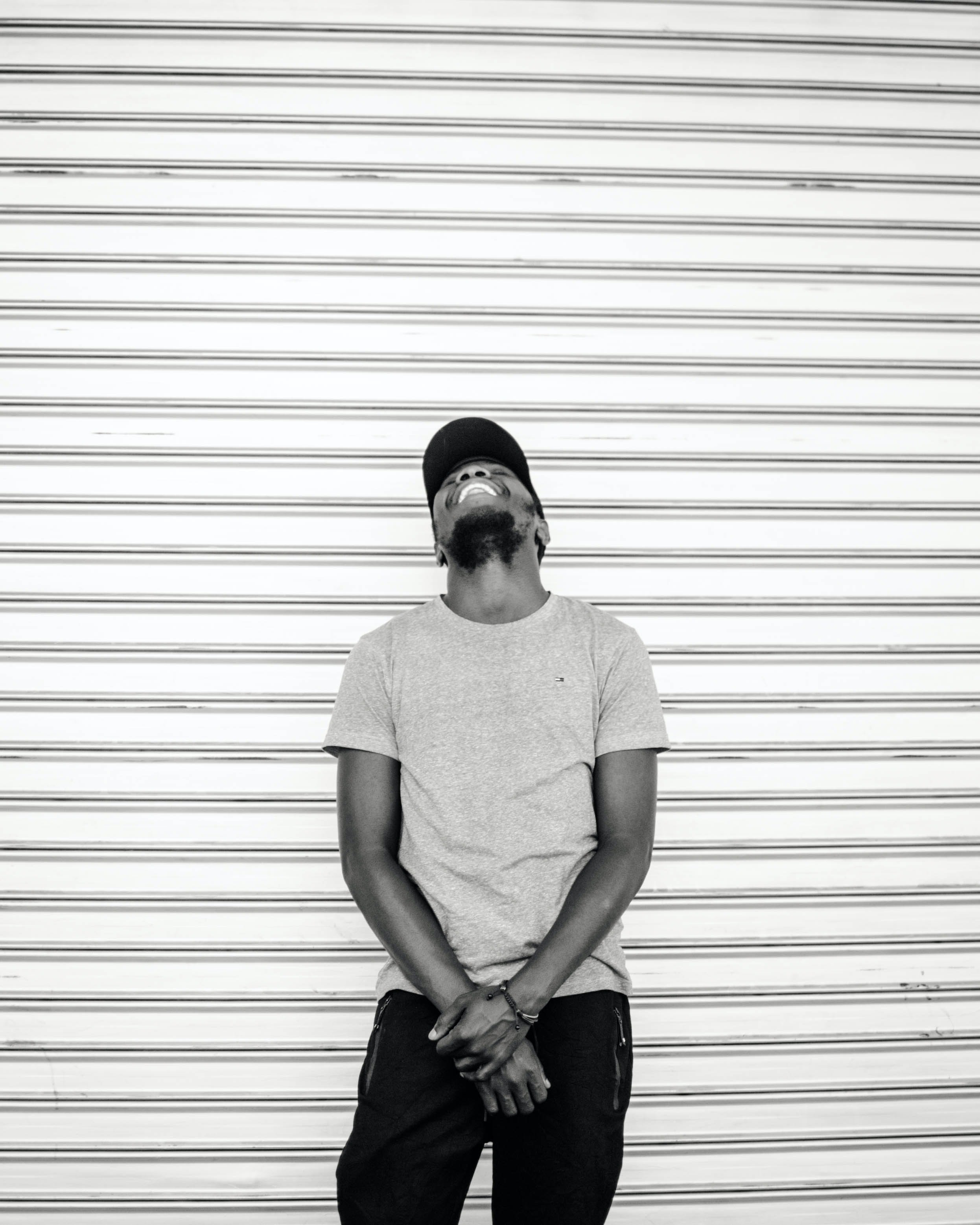
Urban Institute of Mental Health
Liberating BIPOC Minds One Session at a Time
Our Services.
Mental Health Therapy
Clinician Services
Workbooks & Journals
Our Founder & Clinician
Octavia Brown, LCSW-C is the founder and clinician of the Urban Institute of Mental Health (UIMH). UIMH is a mental health practice created to bring individual and collective healing to BIPOC, QTBIPOC, and other marginalized populations through the decolonization and liberation of the mind.
With passion and fire in her heart for the liberation of BIPOC people from systemic oppression, Brown has dedicated her clinical practice to restoring the lives of those who live with one or more marginalized identities.
Upcoming Workshops.
New Products.
At UIMH …
Your Healing is Collective Healing.
Living at the intersectionality of one or more marginalized identities is to live a life with the constant necessity to protect your space, affirm your worth, and embrace intentionality in your day-to-day living experience
It also requires the intentional avoidance of internalized self-hatred, expected assimilation, and hypervigilance for your safety in efforts to live a life full of purpose, peace, and inner-fulfillment.
The daily assault on Black and Brown bodies & identities, coupled with the experience of being forced to live in a continued trauma experience due to the on-going system of racism, has caused devastating consequences to the entire being; mind, body, and spirit.
BIPOC bodies are subjected to societal and self-abuse as a result of the indoctrinated and socialized beliefs of inferiority. This assault to BIPOC bodies and minds have not only destroyed individual and collective wellness, but have resulted in the separation from the spirit which is synonymous with true identity.
It is time to heal.
Now Is The Time.
Decolonize Your Mind.
What Does it Mean to Decolonize My Mind?
Each one of us, irrespective of race, gender, class, sexual orientation, or religion, is impacted by capitalism, which perpetuates colonial and imperialistic structures.
While the process of decolonization is complex and multifaceted, you can expect to engage in the following treatment approaches: challenging dominant narratives and beliefs; reconnecting to ancestral roots; ancestral reckoning & forgiveness; acknowledgement and healing from shame & guilt; identifying and challenging internalized racism and hatred; and awakening to your true self-identity.
UIMH Patient Portal
Need to Contact Us?
Please note that our primary method of communication is via email and through the patient portal. If you have any questions regarding scheduling, billing, insurance, etc. Please click the link below and someone will be in contact with you either via email or phone.
UIMH Virtual Calming Room
Collaborating Providers
At the Urban Institute of Mental Health (UIMH), we are committed to offering a holistic, integrative approach to mental health treatment. We believe in the whole body approach to healing mental ailments. Therefore, we work very closely with professionals who are able to provide treatment in areas that our outside of our scope of practice. If you are already working with us or are interested in becoming a referral source, please click the link below.
Crisis Plan
If you are experiencing a mental health crisis, click this link to get information on how to proceed and what to do.
FAQs
What Insurance Do you Accept?
Please note that we no longer accept insurance of any kind.
What are s0me examples of marginalized populations?
Black, Indigenous, and Other People of Color; Queer and/or Transgendered Black, Indigenous, and Other People of Color; Women and Girls; LGBQTIA+ Populations; Low-Income or Impoverished Individuals; Incarcerated People & Their Families
Individuals Who Were Incarcerated at any Point of Their Lives; Individuals with any Form of Disability; Elders/Senior Population; Individuals Labeled as "Fat" or "Overweight;" Immigrants, Refugees, and Migrants; Children; Any religion or Spiritual Practice Other Than Christianity.
I am not a part of a marginalized population. Can I receive therapy?
Absolutely! While we specialize in working with BIPOC, QTBIPOC, and other marginalized populations, we aim to bring healing to ANY and ALL human beings who are in need. All of our clinicians have been previously trained to render therapy from the dominant White and heteronormative perspective as that is considered the standard norm. However, each and every one of us have made it our mission to give ourselves the capability to practice from a place of inclusion and respect for diversity.
How do I sign up for therapy?
Click anywhere on our website that says "Schedule An Appointment" and you will be directed to our scheduling page. Here you are able to engage in a quick and easy 3-step process to get you started and scheduled.
What does it mean to be marginalized?
Any individual, community, or people whom do not fit into the dominant societal identity and are, as a consequence, oppressed and discriminated against would be considered marginalized.
How long will I need to be in therapy?
There is no clear answer to how long a person may have to be in therapy before achieving a level of healing where they feel comfortable continuing the journey on their own. Each individual's healing journey is unique and different than others. Some only need to be in therapy for a few months while others who may suffer from more chronic or serious ailments may require more time.











